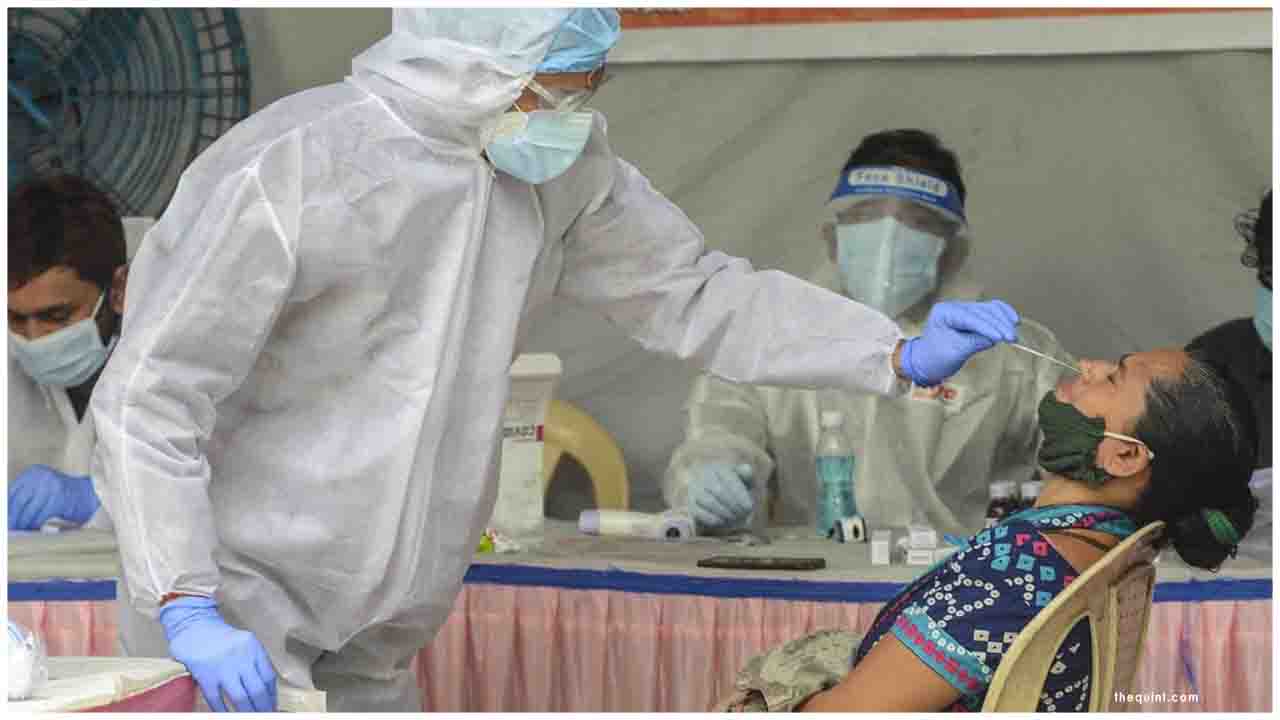The findings of the initial round of a serological survey conducted by the Brihanmumbai Municipal Corporation, Niti Aayog and Tata Institute of Fundamental Research were released yesterday. The results showed that an estimated 57 % of respondents in slums and 16 % of people from residential societies are exposed to coronavirus.
The serological survey, which looks for antibodies in the blood, was carried out in the Chembur, North Wadala and North Dahisar areas in the first week of July and 6,936 samples were collected. Overall, the sero-survey found that 40 per cent had had the coronavirus infection. A surprise finding of the survey is that more women had been infected than men. This survey also showed that Mumbai has one of the highest sero prevalence recorded by cities.
It also showed that the infection fatality rate is quite low at 0.05% to 0.1%, meaning the virus is not as fatal in the city as it has been worldwide. The expert associated with the survey said that shared facilities like toilets, high population density and lack of physical distancing may be the reasons why those living in slums were 3.5 times more exposed to the virus than people living in housing societies. With a rising number of COVID cases in Mumbai and neighboring Thane district, Maharashtra Chief Minister Uddhav Thackeray today urged the NGOs to come forward and adopt settlements in the slums of Mumbai and to conduct door-to-door tests of people.
He said, in Thane too, the municipal corporation should rope in the NGOs to fight the battle against Coronavirus.
AIR correspondent reports, apart from asking the administration to take aggressive steps to combat the further spread of Covid-19, Maharashtra chief minister, Uddhav Thackeray today said the NGOs can act as a link between the municipal corporation and citizens.
Thackeray said where the Mumbai municipal corporation has not implemented "chase the virus" strategy there the NGOs should go and implement this concept.
Furthermore, they should conduct tests in different households and after conducting tests if anybody is found symptomatic then he should be admitted to official COVID Care Centres.
The Chief Minister said private hospitals should also put on display about the treatment which they have rendered to COVID-positive patients and also about the vacant beds available with them.
Meanwhile, India has conducted more than five lakh COVID-19 tests in a single day over two consecutive days. Union Health Ministry said this is the outcome of the combined and focused efforts of Centre, State and Union Territories governments on aggressive testing. During the last 24 hours, India tested a total of 5,15000 samples. Testing is the first important step in the early detection and isolation of COVID-19 positive cases.
The graded and evolving response resulted in a testing strategy that steadily widened the testing network in the country, and the cumulative testing has crossed 1,73,00000.
The Tests Per Million has further improved to 12,562. Health Ministry said the testing capacity of India has received another boost with the induction of three high throughput testing facilities in Noida, Mumbai and Kolkata that were inaugurated virtually.
The testing lab network in the country has been strengthened with 1310 labs in the country, 905 labs in the government sector and 405 private labs.

 57% in slums tested for Covid antibodies making them asymptotic
57% in slums tested for Covid antibodies making them asymptotic 










.jpeg)


.jpeg)



.jpeg)
.jpeg)






.jpeg)





